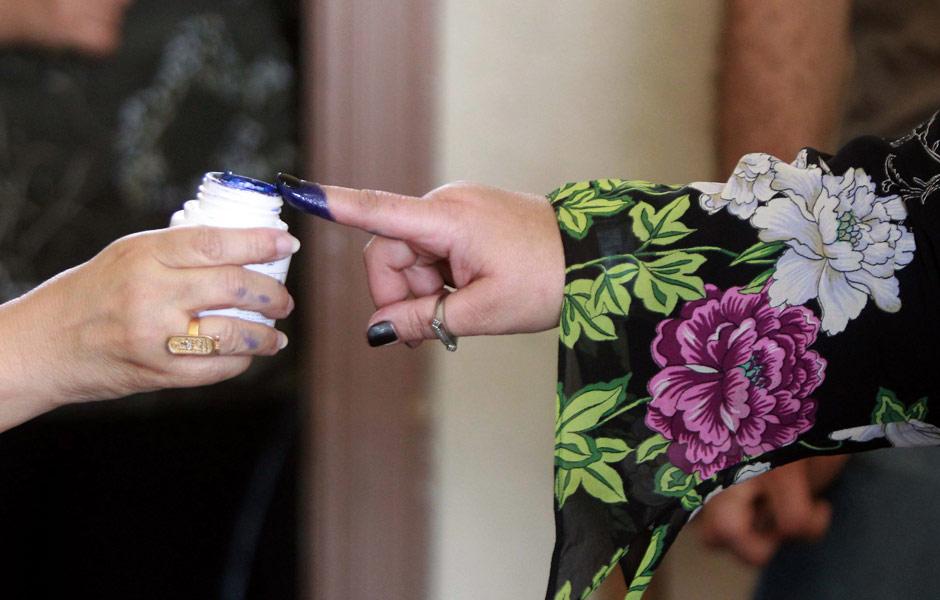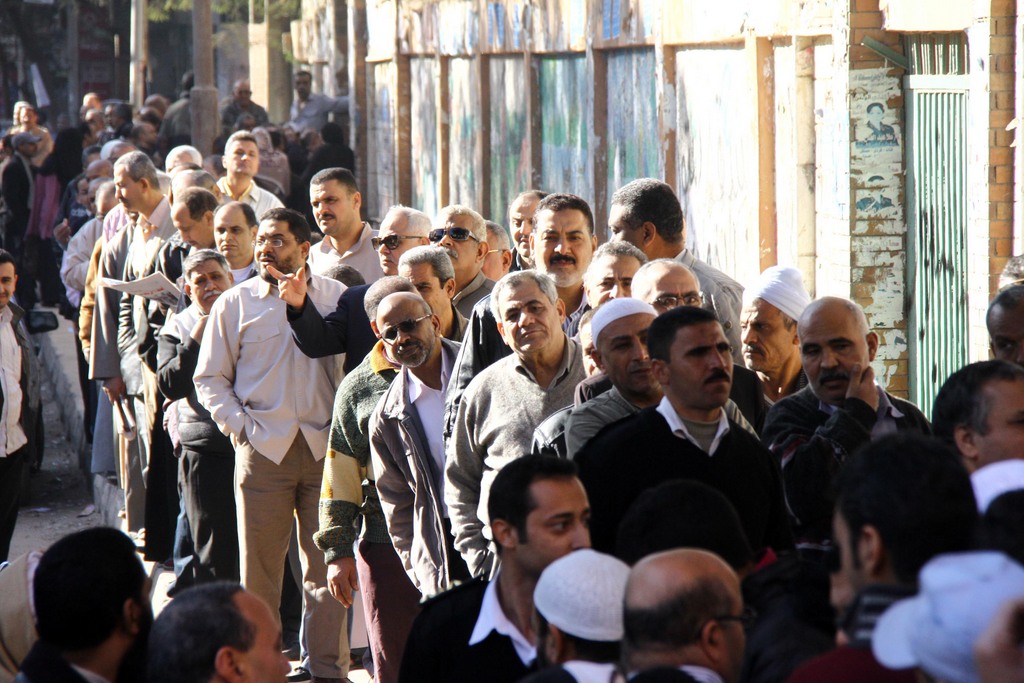CAIRO: Introduced as the potential successor to his father the Egyptian president, Gamal Mubarak steered clear of the inheritance of power scenario during an interview with CNN’s Fareed Zakaria on Sunday.
He opted instead to discuss Islamic fundamentalism, Barack Obama’s election and Middle East conflicts.
“With Mubarak at 80 – and a very healthy 80, one has to say – the question of who will succeed him is quietly whispered all over the Arab world. Well, you will meet the person everyone is talking about in a moment, Zakaria, also the editor of the international edition of Newsweek, said introducing Gamal to the viewers of CNN’s Global Public Square.
If there is any hope for the Arab World to become more open, prosperous and less prone to terror, Zakaria added, then it lies in Egypt.
Mubarak said that the current Islamic revival in Egypt is rooted in the tensions between the West and the Arab world, which has in return given an opportunity for radicals “to try and fill gaps in society, to try and be more aggressive in convincing Islamic societies that they speak on their behalf, that they sort of understand their frustration and they, and they alone, have answers for their problems.
These, he continued, are usually confrontation and violence.
Zakaria asked how the Egyptian-Israeli relationship is said to be “a very thin official relationship while there seems to be a widespread anti-Semitism among the people.
Mubarak explained that this also exists on the Israeli side and there is no way of changing that until there is a settlement.
“So, this is why a key component of taking that step and leap forward – not only among governments or among officials, but among people in the region – is to try and establish that track and that future of hope to people on both sides. This is missing now, said Mubarak.
“And we can talk as much as we want, I can preach as much as I want out of conviction, but I can never be convincing while the facts on the ground tell everybody otherwise, he said.
Mubarak was on a visit to Washington DC during which he met with US congressmen and attended seminars at a number of influential US think tanks, including the Council of Foreign Relations and the Center for Strategic International Studies.

